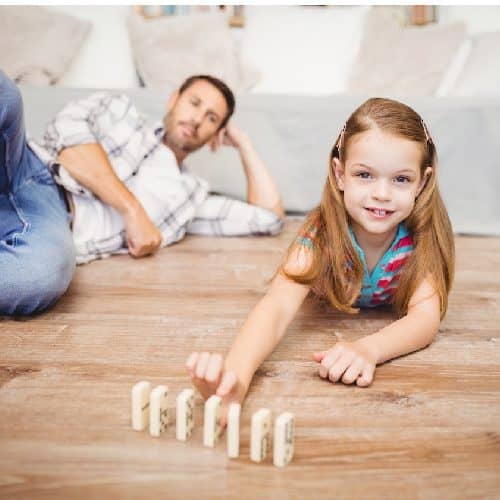On 31 October 2020 the Prime Minister announced that the country would be moving from the newly introduced tier system to a full lockdown from Thursday 5 November until 2 December. This was due to a rapid increase in COVID-19 cases and the highest number of deaths recorded since May.
From 5 November people will only be allowed to leave their homes in a limited number of circumstances including:
- To go to work (where they can’t work from home)
- To exercise outside with their family or other persons they live with or one other person from another household
- To buy food
- To access childcare
- To access medical care
- To provide support to a vulnerable person and;
- To escape danger or harm
Given the new restrictions many parents who are subject to child arrangements orders or have informal child arrangements might be concerned as to how those arrangements should continue in the current climate. However you will note that during this lockdown children are still able to attend school which is significantly different to the first lockdown.
Contact with both parents
During the initial lockdown from 23 March 2020 the President of the Family Court highlighted that child arrangements should continue throughout the pandemic; the general presumption being that the child has the right to a meaningful and enduring relationship with both parents. That said, consideration must be given to the risks during the current climate and children should only move between households where it is considered safe to do so. For many families particularly those who have members that are clinically vulnerable or clinically extremely vulnerable the increase in cases will be a cause for concern and no doubt they will be questioning how their child can move safely between households without the risk of their child contracting COVID-19 and bringing it into the home and putting others at risk. That said children are able to attend school so it could well be that fears regarding children during the pandemic is less of a concern. Particularly as children have been highlighted as less likely to be affected by COVID-19.
People who are defined as clinically extremely vulnerable are at very high risk of severe illness from COVID-19. There are 2 ways you may be identified as clinically extremely vulnerable:
- You have one or more of the conditions listed here
- Your hospital clinician or GP has added you to the Shielded patients list because, based on their clinical judgement, they deem you to be at higher risk of serious illness if you catch the virus.
Clinically extremely vulnerable people are being advised to stay at home as much as possible and keep contact with others at a minimum. However other members of the household are to follow the national restrictions so are still able to leave the home in a limited number of circumstances (as set out above). Although being in this category does not necessarily mean you are more at risk if there is a child within your household or one that is moving between households it is important that everyone in both households adheres to the rules to minimise the risks.
Maintaining contact
When considering whether children should attend for scheduled contact at the non-resident parent’s home, parents should assess the risks and consider what is reasonable under the circumstances. If you have genuine concerns, then you should liaise with each other to seek out alternatives such as facetime or other applications to facilitate indirect contact. If there are court ordered arrangements in place and the order cannot be adhered to then arrangements that are in the spirit of the order must be maintained. That said, the court will take a dim view if the resident parent attempts to utilise the pandemic as an excuse for withholding contact which should be borne in mind. However, if you have concerns and do not feel confident or assured that the other parent is following the rules and placing you or your family at risk then this could be considered reasonable grounds to withhold contact. That said, this really should be the last resort and parents should be mindful of the potential for creating discord that could have far reaching implications.
If you have any concerns regarding child arrangements during the pandemic, or more generally then please do get in touch. Wollens has a wealth of experience in family matters and will very happy to assist you.




